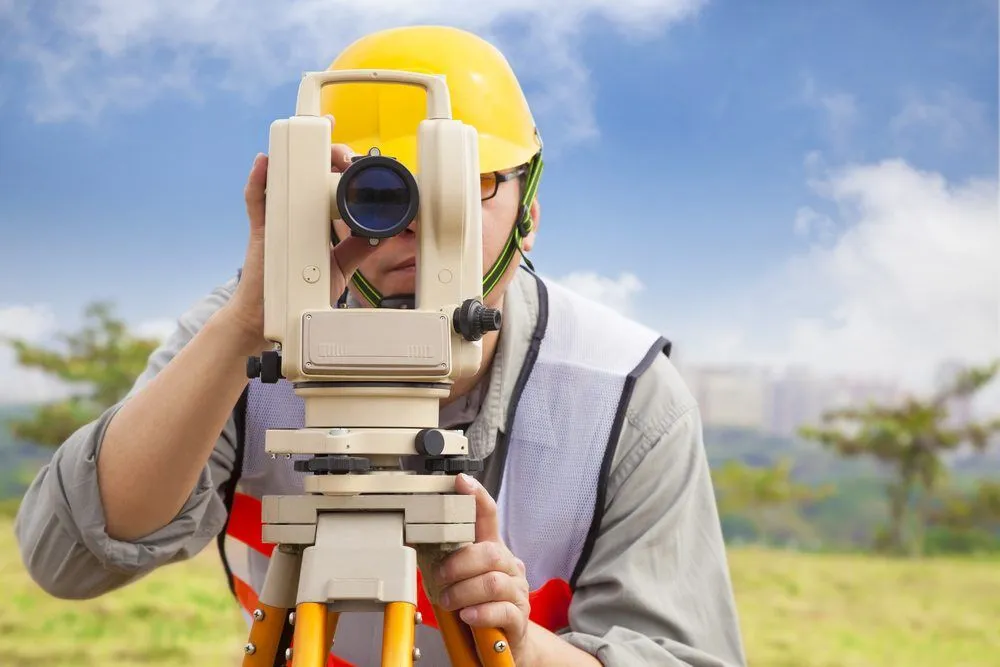Ever wondered who ensures your property boundaries are accurate or who plays a crucial role in construction projects? That would be a land surveyor. In Australia, land surveyors are the unsung heroes who make sure our land is measured and mapped accurately. Let’s dive into what land surveying is all about and why it’s so important in Australia.
What is Land Surveying?
Land surveying is the art and science of measuring and mapping land. This profession has been around for centuries, with ancient Egyptians using early surveying techniques to divide land for taxation. Today, it’s a highly technical field that combines knowledge of mathematics, engineering, and law.
Types of Land Surveying
Cadastral Surveying
Cadastral surveying deals with the legal boundaries of properties. It’s the backbone of the real estate industry, ensuring that property lines are correctly defined.
Engineering Surveying
This type of surveying is all about supporting construction projects. From planning to execution, engineering surveyors make sure everything is built in the right place and to the right specifications just like the land surveyors in Sydney do.
Topographic Surveying
Topographic surveyors create maps that show the contours and features of the land. These maps are crucial for planning any kind of land development.
Hydrographic Surveying
Hydrographic surveyors map bodies of water. This is vital for navigation, construction of marine structures, and environmental protection.
Mining Surveying
Mining surveyors work in the extractive industries, ensuring that mining activities are carried out safely and efficiently.
Geodetic Surveying
Geodetic surveying is about measuring the Earth on a large scale. It’s important for global mapping and navigation systems.
The Role of a Land Surveyor
Land surveyors have a mix of legal and technical responsibilities. They’re tasked with defining property boundaries, which can be a legal minefield. They also use sophisticated technology to measure land, ensuring accuracy in everything from small property plots to large construction sites.
Educational Requirements
To become a land surveyor in Australia, you typically need a degree in surveying or spatial science. Many universities offer specialised courses. After obtaining a degree, you’ll need to get certified and continue with professional development to stay current in the field.
Skills Needed for Land Surveying
Technical Skills
Land surveyors must be adept with various tools and technologies, from traditional theodolites to modern GPS systems.
Analytical Skills
They need to analyse complex data and make precise calculations to ensure accuracy.
Communication Skills
Since they often work with a variety of stakeholders, from property owners to construction managers, good communication is key.
Tools and Technology in Land Surveying
Traditional Tools
Historically, surveyors used tools like theodolites and chains for measurements.
Modern Technology and Software
Today, they use advanced software for data analysis and mapping.
GPS and GIS
GPS and Geographic Information Systems (GIS) are now fundamental, allowing surveyors to work with pinpoint accuracy.
Land Surveying Process
Initial Consultation
The process starts with understanding the client’s needs and the specifics of the land.
Fieldwork
Surveyors then head out to the site to take measurements.
Data Analysis
Back in the office, they analyse the data to create accurate maps and reports.
Reporting
Finally, they provide detailed reports and maps to their clients.
Importance of Land Surveying in Real Estate
Property Boundaries
Accurate property boundaries are crucial for buying, selling, and developing land.
Development Planning
Surveyors help plan developments, ensuring that everything fits and is compliant with regulations.
Dispute Resolution
They also play a role in resolving property disputes by providing clear, legal definitions of property lines.
Land Surveying in Construction
Site Planning
Surveyors are essential in the early stages of construction for site planning.
Infrastructure Projects
They’re involved in major projects, from roads to bridges, ensuring everything is built to spec.
Quality Control
Throughout construction, surveyors check that everything stays accurate and true to plans.
Environmental Impact and Land Surveying
Assessing Environmental Conditions
Surveyors assess environmental conditions to ensure that development is sustainable.
Sustainable Development
They help plan developments that are environmentally friendly and sustainable.
Challenges Faced by Land Surveyors
Physical Challenges
Surveying often involves working in tough, sometimes remote locations.
Regulatory Challenges
They must navigate complex legal and regulatory environments.
Technological Challenges
Keeping up with rapidly advancing technology is another challenge.
Case Studies
Significant Projects in Australia
From the Sydney Harbour Bridge to new residential developments, surveyors have been involved in key projects across the country.
Lessons Learned from Past Projects
Each project offers lessons that help improve the practice of surveying.
Future of Land Surveying in Australia
Emerging Trends
Trends like drone surveying and 3D mapping are changing the field.
Impact of Technology
Technology will continue to make surveying more accurate and efficient.
Predictions for the Industry
The demand for surveyors is expected to grow as Australia continues to develop and modernise.
Conclusion
Land surveyors are vital to the accurate mapping and development of land in Australia. From defining property boundaries to supporting construction and environmental sustainability, their work is essential. As technology advances, their role will only become more critical in shaping our landscapes.
Keep an eye for more news & updates on TribuneTribune.Com!




